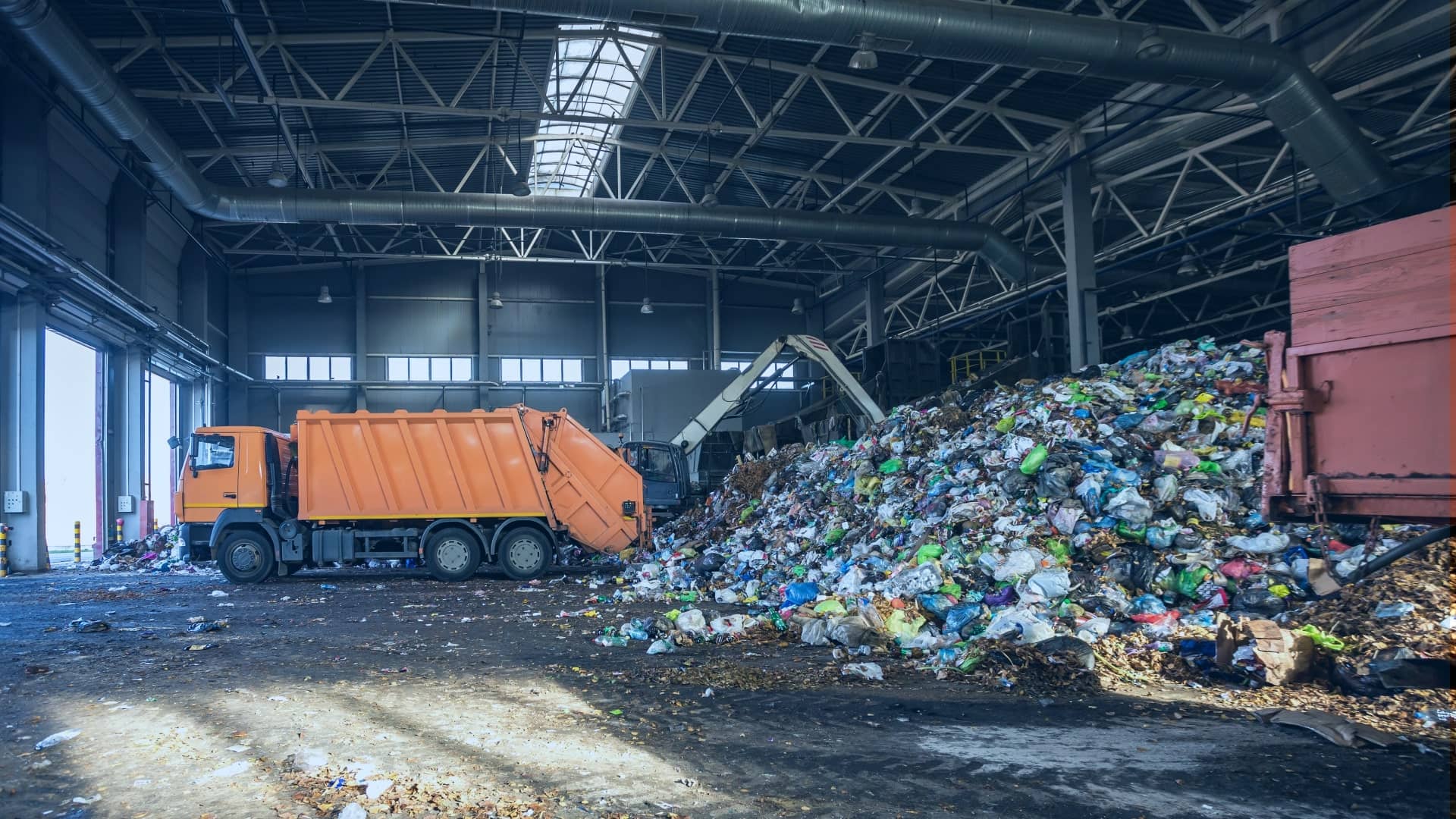The smart Trick of Reclaim Waste That Nobody is Discussing
The smart Trick of Reclaim Waste That Nobody is Discussing
Blog Article
The smart Trick of Reclaim Waste That Nobody is Talking About
Table of ContentsReclaim Waste - QuestionsThe 5-Minute Rule for Reclaim WasteHow Reclaim Waste can Save You Time, Stress, and Money.Not known Details About Reclaim Waste The Best Guide To Reclaim Waste
Residential sewer waste refers to the waste and items from a household septic tank. The correct monitoring and disposal of residential sewer waste need liquid waste to be transferred to a sewage therapy plant where the proper methods and devices are applied to cleanse and dispose of waste.
Business waste commonly consists of possible threats, such as combustible materials or a mixture of fluid and solid waste products, and requires a much more advanced and detailed disposal process. The disposal of business waste generally involves the filtration of waste prior to transport to ensure safe and correct disposal. Industrial waste is developed from by-products and runoff of industrial procedures and manufacturing.
This kind of waste can not make use of the exact same sewage monitoring transportation or procedures as septic or business fluids. The hazardous waste administration process calls for the examination and screening of fluid waste before it undertakes the disposal process (industrial wastewater treatment). Drainage waste is the fluid waste that originates from runoff and excess stormwater in very booming locations or cities
Drainage waste can trigger contamination and flooding otherwise dealt with appropriately. Find out more concerning drain cleansing and waste monitoring. Guaranteeing proper waste administration can protect against disasters and decrease environmental harm. Both individuals in property setups and specialists in industrial or production sectors can gain from recognizing the procedures and regulations of liquid waste administration.
Fascination About Reclaim Waste
Call PROS Solutions today to learn more about our waste monitoring and disposal services and the proper means to care for the liquid waste you create.
(https://boom-fruit-496.notion.site/Industrial-Wastewater-Treatment-The-Key-to-a-Cleaner-Greener-Future-13c9fdbb2e9380eca32fee3a79088ddf?pvs=4)Do you know what happens to your water when you pull the plug, purge the bathroom or drain the cleaning device? No? Well, it deserves knowing. This so-called 'wastewater' is not just a crucial source however, after treatment, will be released to our land, rivers or the sea. Utilized water from bathrooms, showers, baths, kitchen area sinks, laundries and industrial processes is referred to as wastewater.

water used to cool down machinery or clean plant and equipment). Stormwater, a form of wastewater, is runoff that streams from agricultural and metropolitan areas such as roofings, parks, yards, roadways, paths and rain gutters right into stormwater drains pipes, after rain. Stormwater moves neglected straight to local creeks or rivers, ultimately getting to the sea.
The Best Guide To Reclaim Waste
In Queensland, many wastewater is dealt with at sewer therapy plants. Wastewater is moved from residential or industrial sites with a system of drains and pump terminals, known as sewage reticulation, to a sewage therapy plant.
The Department of Natural Resources recommends regional federal governments regarding managing, operating and maintaining sewage systems and treatment plants. In unsewered locations, city governments might require homeowners to mount individual or family sewage treatment systems to treat domestic wastewater from toilets, kitchens, shower rooms and laundries. The Department of Natural Resources authorises using house systems when they are confirmed to be efficient.
In some new subdivisions, treatment of some stormwater to eliminate trash, sand and crushed rock has begun utilizing gross toxin traps. Wastewater treatment happens in 4 stages: Eliminates strong issue.
Makes use of tiny living microorganisms understands as micro-organisms to damage down and eliminate continuing to be home dissolved wastes and great particles. Micro-organisms and wastes are integrated in the sludge.
7 Easy Facts About Reclaim Waste Explained
Nutrient elimination is not offered at all sewer treatment plants since it needs expensive specialised equipment. It is coming to be more usual in Queensland. Clear liquid effluent generated after treatment might still include disease-causing micro-organisms. If this effluent is released into waterways such as rivers or the sea, the micro-organisms will ultimately die out.

Most wastewater moves right into the sewerage system. Under the Act, local governments provide authorizations and licences for eco appropriate tasks (Ages) involving wastewater launches that could have a neighborhood impact.
The Facts About Reclaim Waste Uncovered
Otherwise, samples are considered research laboratory analysis. Typically several examinations are needed to develop the degrees of each of the various toxins such as oils, heavy steels and pesticides in water. Tracking offers accurate information regarding water high quality and can validate that permit problems are being met. The info acquired through tracking provides the basis for making water high quality decisions.
Report this page